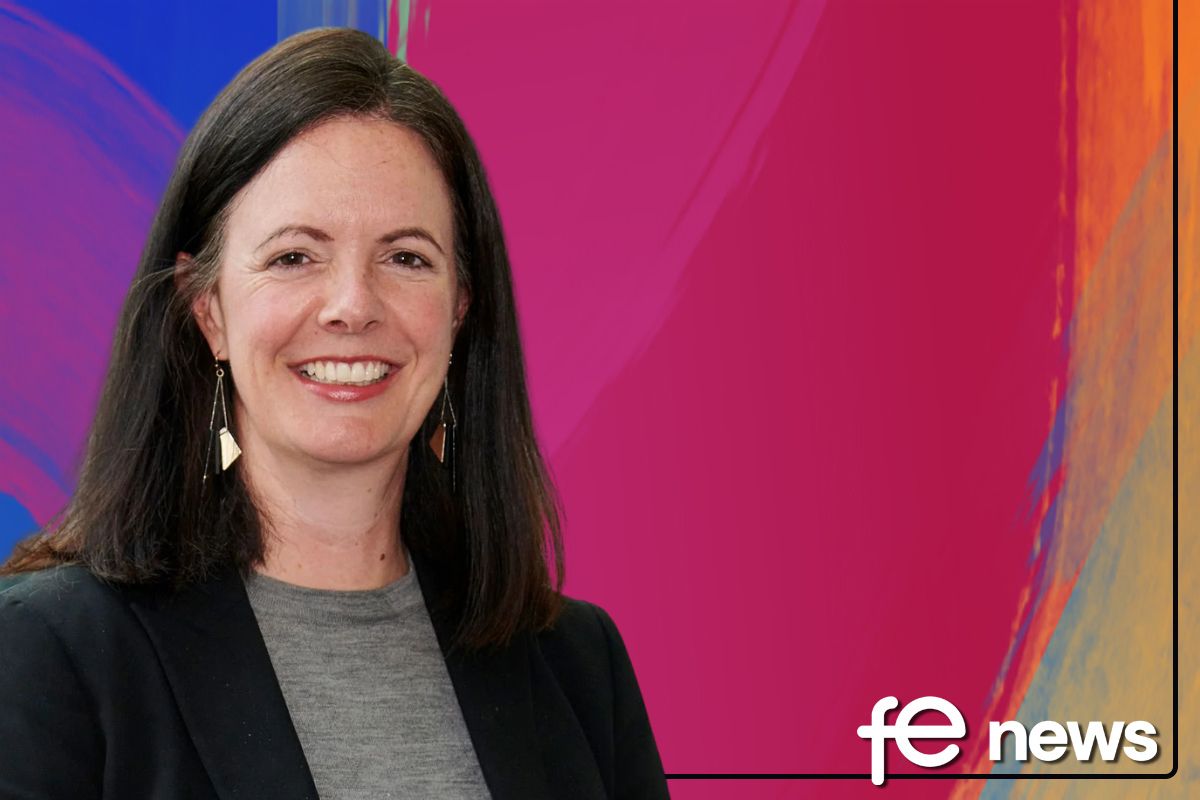Networked professionals

‘Networking helps you know where you are in terms of professional benchmarking – organisations can be very insular’
How would you define networking? The Oxford English Dictionary defines it as a group or system of interconnected people and things – but how connected are professionals in the education and skills sector?
There are many social media networks and events and, in common with colleagues, I value the chance to connect with other education professionals. However, in many cases practitioners lack the time to take part in a meaningful way. In all the projects, events and conferences I have attended and delivered, networking with peers is always highly rated and viewed as a major benefit. Delegates value meeting with like–minded people who are facing similar challenges, finding solutions together. They gain support from peers and feel part of a wider community of practice that keeps them up to date with new developments. Therefore, not being connected to other colleagues can impact on the development of their professional learning.
My experience of networking is reflected by the significant amount of evidence on the benefits of social learning by Wenger and other researchers.
Networking provides an opportunity to share professional knowledge, experience and learning in a social context. It supports the development of communities of practice and encourages professional dialogue, peer review and informal mentoring. Connecting to other practitioners develops a collective professional identity that enables the co–creation of new ideas and concepts to support effective teaching and learning.
Many practitioners, however, face considerable challenges and feel disconnected from other professionals, particularly part time staff in smaller work-based providers and community learning where they could be working in isolation Lacking access to networking opportunities directly impacts on their professional development and subject knowledge.
Supporting the professionalism of the education and skills workforce is a key priority for the sector. There is a great deal of subject expertise and professional knowledge to be shared. Let’s not forget that many practitioners enter education as their second career and possess valuable knowledge of their subject specialism gained from many years working ‘at the coal face’. Colleagues can benefit from this and in return share their expertise.
The positive effects are evident but further research needs to be conducted to establish the most effective methodology for future developments. It is clear there is a strong argument for a more formal recognition of the learning that can be derived from professional networking and the positive impact it can make on individual and organisational improvement.
Michelle Jennings is a project director for IfL Worldskills – these views represent the writer’s opinion only











Responses